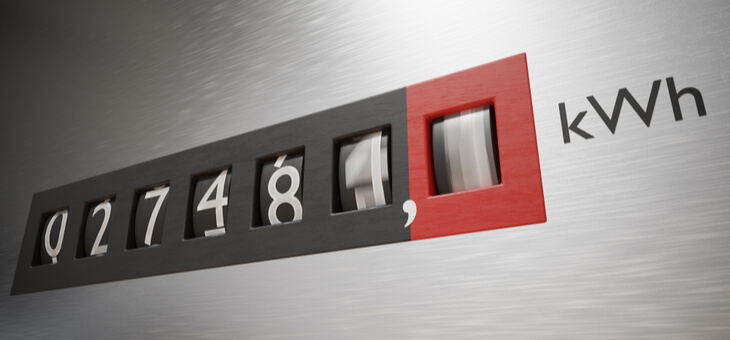Electricity bills in most states are set to rise sharply within months after wholesale electricity prices skyrocketed in the first three months of 2022.
All states except South Australia have recorded wholesale electricity prices more than 100 per cent higher than they were a year ago.
Queensland has seen the biggest increase with wholesale prices up nearly 300 per cent year-on-year, while NSW and Victoria experienced jumps of 130.5 and 138.5 per cent respectively.
Tasmania saw wholesale prices jump 106 per cent, but South Australia saw a much smaller increase of 64.6 per cent. WA operates on a different electricity grid to the rest of the nation.
Read: Date set for cost-of-living payment
The jump in wholesale prices is due to the current record price of coal, which in is turn being driven up by the war in Ukraine.
Nations around the world are severing economic ties with Russia in the wake of the Ukrainian invasion, which has created a rush to secure coal supplies from other countries.
The end result of surging coal and wholesale power prices will inevitably be soaring electricity bills for consumers in the coming months.
Read: Where living cost increases have hit hardest
“The impact on household bills is not going to be immediate, most likely within months,” says Dr Dylan McConnell, research fellow at the University of Melbourne’s climate and energy college.
“Futures prices for the next quarter are looking pretty nasty as well. The whole forward curve isn’t looking that great and Queensland and NSW [quarter two] 2022 prices went up $30 per megawatt hour (MWh) and $20/MWh respectively on Friday alone.”
The larger bills will put even more pressure on Australian households still reeling from a big increase in petrol prices and widespread increases at the supermarket.
These factors combined to push Australia’s inflation rate up to 3.5 per cent, and with the Reserve Bank of Australia (RBA) signalling it will likely raise interest rates over the next few months, that figure could go even higher.
Read: Budget gives an insight into how war and global uncertainty might affect Australia
The recent rise in the cost of living, coupled with the lingering economic effects of the pandemic, have put many household budgets under intense pressure.
Inevitably, this has led to anger with the current government, regardless of the limited role it actually plays in global commodity prices. With an election coming up, high prices will be on voters’ minds.
Easing the cost of living was front of mind for Federal Treasurer Josh Frydenberg last week when he announced the Federal Budget for 2022.
Not one, but two, special one-off payments were announced in the Budget as well as a temporary cut to the fuel excise.
If you enjoy our content, don’t keep it to yourself. Share our free eNews with your friends and encourage them to sign up.

